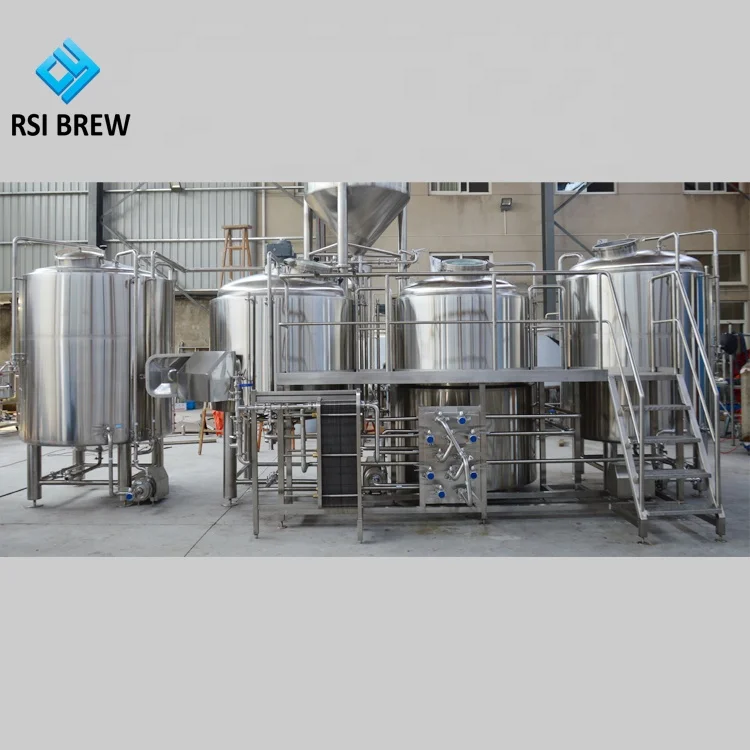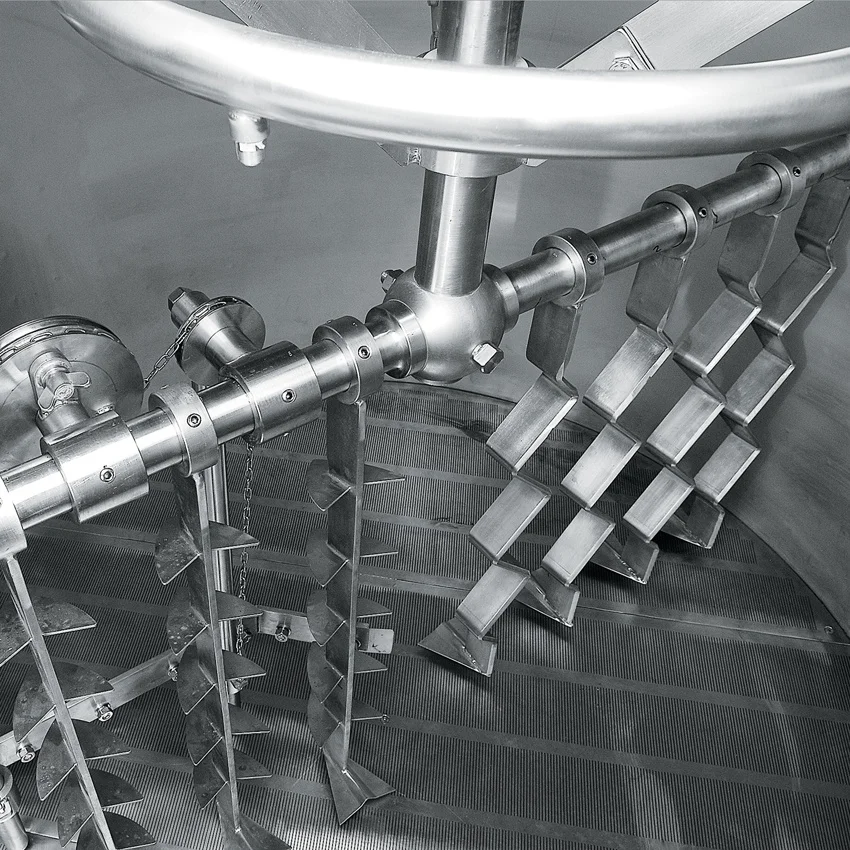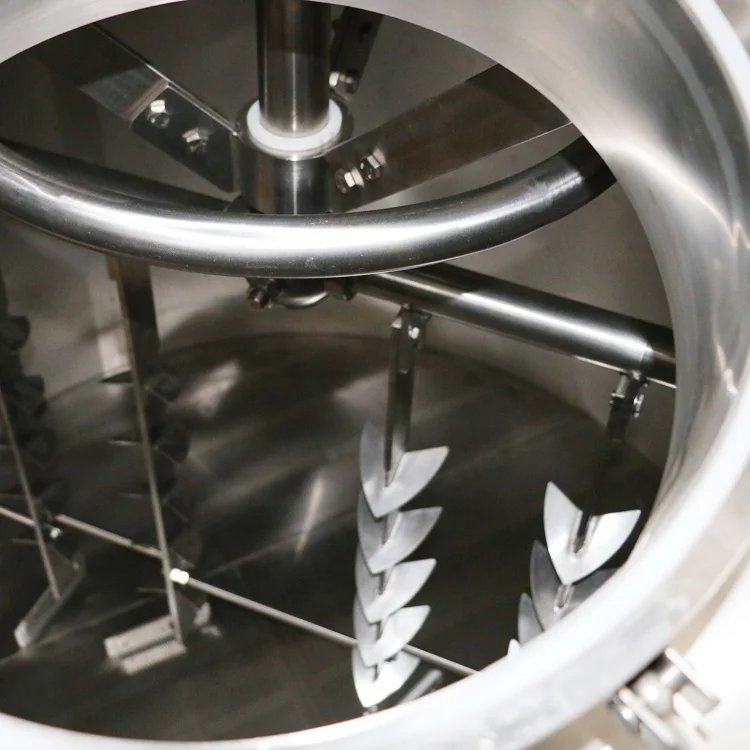Pressure Vessels: A Comprehensive Guide for Buyers in 2025
Pressure vessels are critical components in various industries, designed to hold gases or liquids at high pressures. Whether you're in oil & gas, chemical processing, or power generation, selecting the right pressure vessel is crucial for safety and efficiency. This guide covers everything you need to know before making a purchase.
How to Find Reliable Pressure Vessels from China in 2025
China remains a top supplier of pressure vessels, offering competitive pricing and advanced manufacturing capabilities. To find reliable suppliers:
- Check certifications like ASME, CE, and ISO 9001.
- Review supplier history and customer feedback on platforms like Alibaba.
- Request material test reports and compliance documentation.
- Consider visiting factories or requesting virtual tours.
What Buyers Should Know Before Buying Pressure Vessels from China
Purchasing pressure vessels from China requires due diligence:
- Ensure the supplier adheres to international safety standards.
- Verify lead times and shipping logistics.
- Understand import regulations and customs duties in your country.
- Negotiate warranty and after-sales service terms.
Types of Pressure Vessels
Common types include:
- Storage tanks (for liquids or gases)
- Heat exchangers (for temperature regulation)
- Boilers (for steam generation)
- Reactors (for chemical processes)
Functions and Features of Pressure Vessels
Key functions include containment, heat transfer, and chemical reactions. Features to look for:
- Corrosion-resistant materials (e.g., stainless steel)
- Pressure relief valves for safety
- Customizable sizes and capacities
- Efficient insulation for temperature control
Scenarios of Pressure Vessels
These vessels are used in:
- Oil refineries and petrochemical plants
- Pharmaceutical manufacturing
- Food and beverage processing
- Power plants and HVAC systems
How to Choose Pressure Vessels
Consider these factors:
- Operating pressure and temperature requirements
- Material compatibility with stored substances
- Compliance with industry regulations
- Supplier reputation and technical support
Pressure Vessels Q & A
Q: What materials are commonly used for pressure vessels?
A: Carbon steel, stainless steel, and alloy steels are typical choices, depending on the application.
Q: How often should pressure vessels be inspected?
A: Annual inspections are recommended, with more frequent checks for high-risk environments.
Q: Can pressure vessels be customized?
A: Yes, reputable suppliers offer customization for size, material, and pressure ratings.
Q: What's the typical lifespan of a pressure vessel?
A: With proper maintenance, 20-30 years is common, though this varies by usage and material.
Q: How do I verify a supplier's certifications?
A: Request copies of certificates and verify them with the issuing organizations.






































































